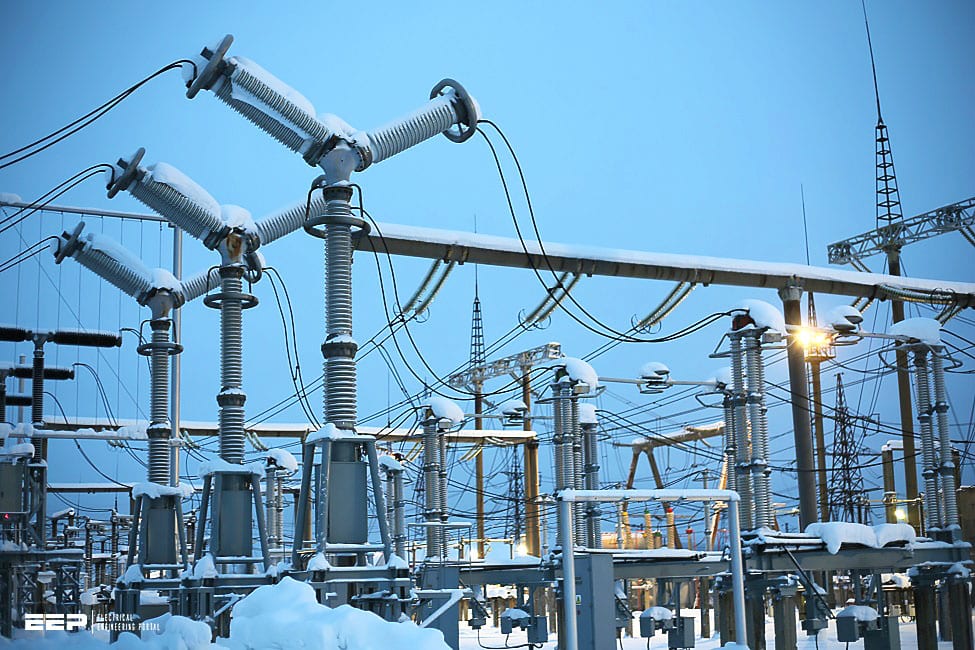The Transmission Company of Nigeria (TCN) has explained why electricity supply in the country has remained erratic in recent times, blaming it on low power generation by power generation companies.
In a statement signed by TCN’s, General Manager, Public Affairs, Ndidi Mbah, reports that TCN has reduced the load allocation to distribution companies was not correct.
“For clarity, TCN does not generate electricity and therefore can only transport cumulative generation from all the generation companies nationwide to distribution load centres. The distribution companies are responsible for end-users consumption.
READ ALSO: Poor electricity supply: Lawyer demands N200m in damages from power company
“TCN allocates power to distribution companies based on approved percentage (formula approved by NERC), of the total generation available per hour or on day-ahead nomination.
Mbah maintained that the cumulative generation nationwide is low and generation companies have attributed this to several factors including poor gas supply, fault in generating units of generating companies, scheduled and unscheduled maintenance, all of which have caused most power generating companies to limit their generation, and sometimes not generate at all.
“A summary of the power generating profiles in the last two months, for instance, clearly shows that fourteen (14) gas powered generating stations were either not generating at all or had limited generation at various times within the period, further depleting the quantum of power generation available for transmission into the grid on a daily basis. Power generating stations in this category include; Omotosho units 5 & 6, Olorunsogo units 3, 4 & 6, Omoku units 3 & 6, Omotosho NIPP units 3 & 4, Delta units 15, 17, and 18, Afam VI units 11 & 12, Olorunsogo NIPP unit 3, Ihovbor NIPP unit 2, Sapele Steam unit 3, Sapele NIPP unit 1, Odukpani NIPP units 1 & 3, and Okpai units 11, 12 & 18.
READ ALSO: FG approves takeover of coal mines, to generate electricity
“Also, within the same period, Jebba Hydro and Shiroro Power Generating Stations were either out or had limited generation, causing additional loss of 232MW from the grid, while other power generating plants such as Omotosho units 3&4, Olorunsogo units 1, Delta units 10 &20, Afam VI unit 13, Ihovbor NIPP units 4, Geregu NIPP units 22&23 and Odukpani NIPP units 2, 4 & 5, have also been out either on fault or for scheduled maintenance, causing a further loss of about 3,180MW from the grid.
He said a combination of the above scenarios have persisted and the total effect on the grid is persistent low generation, which TCN Operators have had to strive to dispatch in a way that will not jeopardize the stability of the grid.
“More recently, from the 1st to 4th of March, 2022, there was generation shortfall due to water management in Shiroro and Jebba hydro with the loss of 307MW and 125MW respectively from both stations. Within the same period, there were fault and technical problems in Egbin, causing 514MW shortfall and in Geregu causing 230MW shortfall, while reported fault at Alaoji NIPP reduced generation from the substation by 263MW.
“Gas constraint alone in the Olorunsogo gas generating plant reduced generation from the station by 104MW, in the same vein, Omotosho gas lost 102MW and Sapele NIPP lost 263MW. In Omotosho NIPP, there was a generation shortfall of 233MW and in Omoku a shortfall of 112MW. Two units in Okpai have limited generation due to technical problems causing a 204MW drop in generation and in Afam VI 511MW drop in generation.
“Gas constraint and fault in Olorunsogo NIPP reduced generation by 240MW, Geregu NIPP by 435MW, and Ihovbor by 142MW. Also, due to gas pipeline pigging, Odukpani NIPP was SHUT DOWN which caused a reduction of generation by 575MW.
TCN further reiterates that a combination of issues ranging from gas constraints, fault, and technical problems within generating plants caused persistent low generation and consequently low load allocation to Distribution Companies nationwide.

 Football6 days ago
Football6 days ago
 Aviation1 week ago
Aviation1 week ago
 Comments and Issues6 days ago
Comments and Issues6 days ago
 Featured4 days ago
Featured4 days ago
 Education5 days ago
Education5 days ago
 Business5 days ago
Business5 days ago
 Education1 week ago
Education1 week ago
 Crime5 days ago
Crime5 days ago

